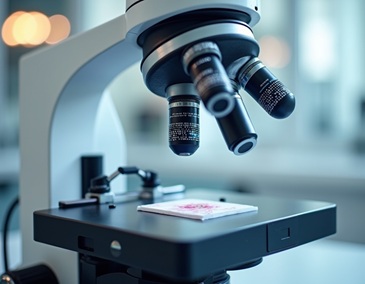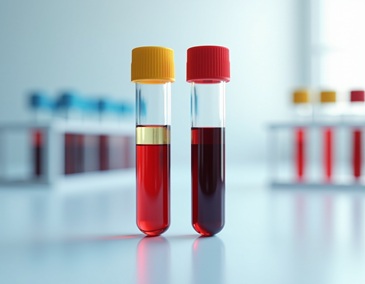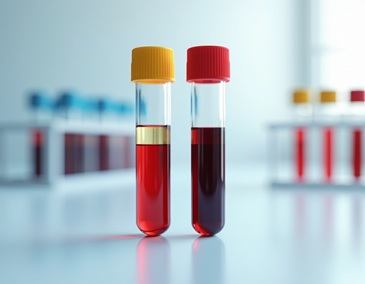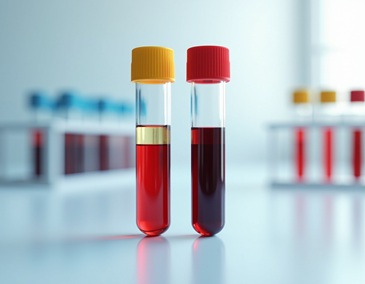
Description
Chlamydia trachomatis is one of the most common sexually transmitted infections (STIs) worldwide. Often referred to simply as Chlamydia, this bacterial infection can affect both men and women, causing a range of health issues, particularly if left undiagnosed and untreated. In many cases, Chlamydia infections are asymptomatic, meaning individuals may have the infection without showing any signs or symptoms. This silent nature makes it particularly concerning, as it can lead to severe complications, including pelvic inflammatory disease (PID), infertility, and an increased risk of acquiring or transmitting HIV.One of the most effective and accurate ways to diagnose Chlamydia trachomatis infection is through DNA detection by PCR (Polymerase Chain Reaction), using a urine sample. This cutting-edge diagnostic method has revolutionized the ability to detect Chlamydia, providing highly sensitive results even in the absence of symptoms. The PCR urine test works by identifying the genetic material (DNA) of Chlamydia trachomatis, which allows for early and accurate detection of the infection.The urine-based PCR test offers several advantages over traditional diagnostic methods. It is non-invasive, providing a more comfortable and accessible option for patients, particularly men who may be hesitant to undergo swab tests. Additionally, urine samples are easy to collect and can be done in a private setting, making the test more convenient for both patients and healthcare providers. Despite being non-invasive, this test maintains high sensitivity and specificity, ensuring that even low levels of the bacteria can be detected. This means it can identify active infections early, reducing the risk of complications associated with untreated Chlamydia, such as infertility in women or urethral damage in men.Early detection of Chlamydia trachomatis is critical to preventing the long-term effects of the infection. Left untreated, Chlamydia can cause chronic pelvic pain, ectopic pregnancies, and infertility, especially in women. In men, it can lead to epididymitis, a painful condition that affects the testicles, and may also contribute to infertility. Moreover, Chlamydia can increase the likelihood of contracting other STIs, including HIV. Therefore, regular screening for Chlamydia, particularly for sexually active individuals under the age of 25 or those with new or multiple partners, is recommended as part of routine sexual health care.Chlamydia trachomatis DNA detection by PCR using urine samples is a vital diagnostic tool that helps identify the infection quickly and accurately. This non-invasive test is an essential part of sexual health care, offering peace of mind and prevention from the long-term complications of untreated Chlamydia. If you are sexually active, it’s important to get tested regularly, as early detection and treatment are key to maintaining your health and well-being.
You May Also like
Why choose us

Speed
On-time reporting with the best TAT in the industry.
Quality
Accredited centers: DHA, MOH, HAAD, CAP, ISO, JCI.
Accessibility
Extensive partner network & convenient home collection.
Satisfaction
35,000+ Satisfied Customers & 12+ Years of Trusted Service.

























